How ‘a present for someone’ became a ticking time bomb
The NSW Premier is trying to run away from a scandal that has engulfed his government and could bring it down.
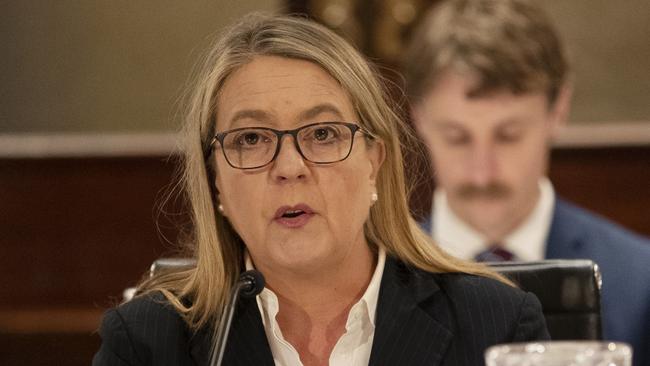
The NSW Premier has refused to depart from a tight script. He has said he was informed Barilaro was the best candidate to represent NSW in the Americas, following an independent global search conducted through the state public service.
Repeatedly, Perrottet has insisted “no suitable candidate” was found last year from a first recruitment round. He hoped the issue would go away more than a week ago when Barilaro withdrew from the New York post, saying media attention had made it “untenable”.
Unfortunately, the NSW Premier has a problem: his script is fiction. Another person, senior public servant Jenny West, was confirmed in writing as the “successful candidate” for the New York job last August, only to have the offer rescinded two months later.
Why? Because Barilaro – who’d created the New York post and five similar ones a year earlier as NSW trade minister – had made a successful cabinet submission in late September arguing that the selection process for positions not yet filled should switch from public service to ministerial appointments.
Barilaro then quit as deputy premier and trade minister, applied for the job when it was readvertised, and got it.
West dropped a bombshell this week during evidence to an upper house parliamentary inquiry into the circumstances of the Barilaro appointment. She said Amy Brown, chief executive of Investment NSW, told her in October she would not be getting the New York trade commissioner’s job because it was to be “a present for someone”.
Behind the scenes, the NSW Independent Commission Against Corruption was already considering an investigation. West’s sworn evidence prompted a formal referral of the Barilaro matter to ICAC from parliamentary inquiry chairwoman Cate Faehrmann.
The Barilaro saga has turned into a political mess for Perrottet and his government. A big-spending state budget that Perrottet had wanted to promote ahead of a state election is all but forgotten. Perrottet is now off-message, on the defensive. The saga has shades of the political affair that brought down Liberal premier Nick Greiner, ICAC’s creator, 30 years ago, but it is potentially worse.
When he withdrew from the position on June 30, Barilaro said: “I stress that I have always maintained that I followed the process.”
Nonetheless, the NSW Labor opposition has posed questions. Was this a political fix? How could Perrottet let Barilaro, the minister who created the trade job in the first place, and then changed the selection process, take the job himself? Did Barilaro receive a personal benefit – and at a cost to the person denied the position?
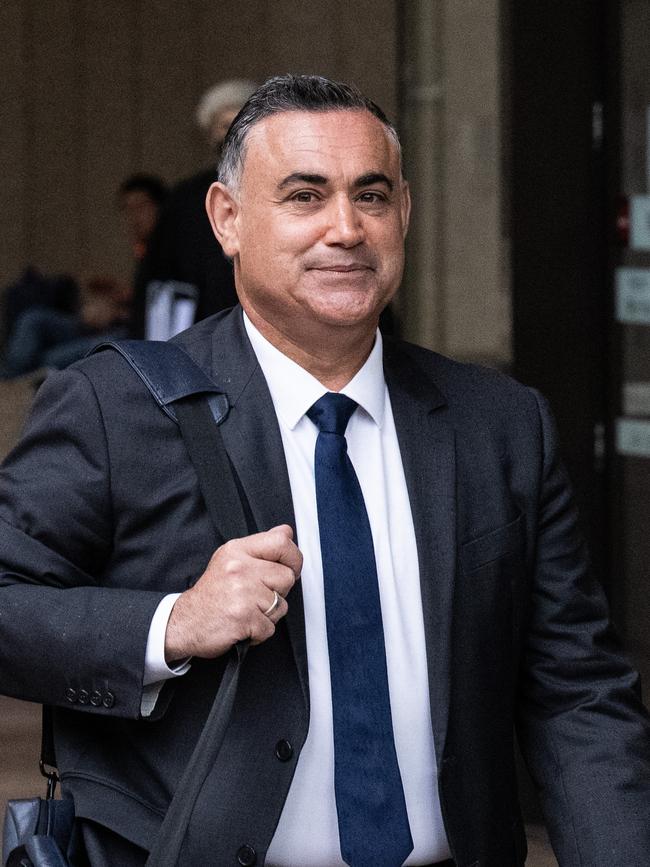
There were potentially other political benefits to Barilaro’s exit from politics. As deputy premier and Nationals leader he’d proved to be fiery and unpredictable. He threatened to blow up the government by withdrawing support over the state’s koala protection laws.
When he quit, Barilaro cited personal issues. Several senior NSW Liberals were keen to see him gone.
It is now indisputable West was chosen for the trade commissioner’s post. She was the deputy at Investment NSW when her boss, Brown, encouraged her to apply on May 12 last year. Brown texted West on August 12 to tell her she was successful, saying “congratulations, this is one to frame”. Brown’s text included emojis of the Statue of Liberty and a bottle of champagne, and she copied to West a written briefing with then premier Gladys Berejiklian noting West’s appointment.
The first big hitch emerged on September 17 when Brown informed West a submission was headed for cabinet requesting trade commissioner roles become political, not public sector appointments. Her appointment was “on hold”. Brown further told West the funding for her current deputy secretary’s position had been reallocated. She stood to lose that job as well. On September 27, Brown told West that cabinet had approved making the remaining trade positions political appointments. The next weeks were chaotic, with Berejiklian resigning as premier on October 1 when it was revealed she was the subject of an ICAC investigation and Barilaro confirming on October 4 that he would resign as well.
West emailed her “one-up manager”, secretary of the Department of Premier and Cabinet Michael Coutts-Trotter, on October 11, seeking a 15-minute meeting to explain her situation. He did not respond.
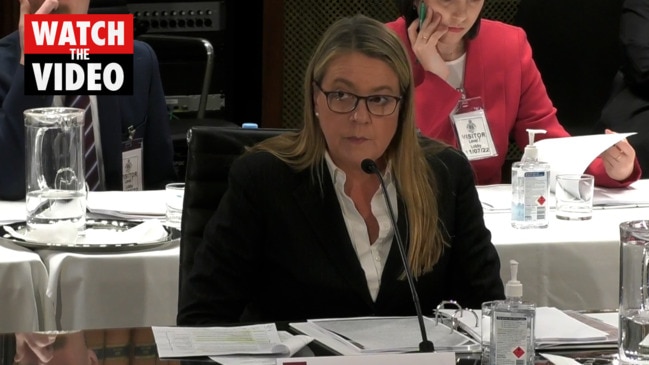
Brown called West to a “teams meeting” on October 14 and told her she would not be getting the trade commissioner’s job. It was at this meeting, West says, that Brown told her the position “will be a present for someone”. She says Brown also told her: “You are an extraordinary performer and I am upset that this has happened.”
Coutts-Trotter sent West a letter on November 19 that terminated her employment, effective from November 30.
West presented at this week’s parliamentary inquiry as a very credible witness. She told her story straight. She rejected what she said were false claims made about her to the inquiry, but she declined to proffer opinions about the actions of others. On the critical point of Brown telling her the New York position was to be a gift for someone, West’s evidence was supported by contemporaneous notes she took of her meeting with Brown, and an email she sent to her lawyers 15 minutes later.
This real-time authenticity makes the allegation difficult to dispute. Stuart Ayres, Brown’s current ministerial boss, denies he told Brown any such thing.
Perrottet has said the advice he received that no suitable candidate was found in the first recruitment round was provided by Brown. This is a convenience that cannot last because it ignores so much now in the public domain: voluminous written correspondence confirming West as the successful candidate, Berejiklian’s noted briefing on August 12 and the signature of Ayres on a document dated August 17, next to the word “approved”, which stated West was the “successful candidate identified”.
Like it or not, Perrottet is involved. He will presumably say that Investment NSW was not in his purview at the time of West’s appointment, when he was treasurer, because Berejiklian, Barilaro and Ayres were named the responsible ministers when Investment NSW was set up in March last year.
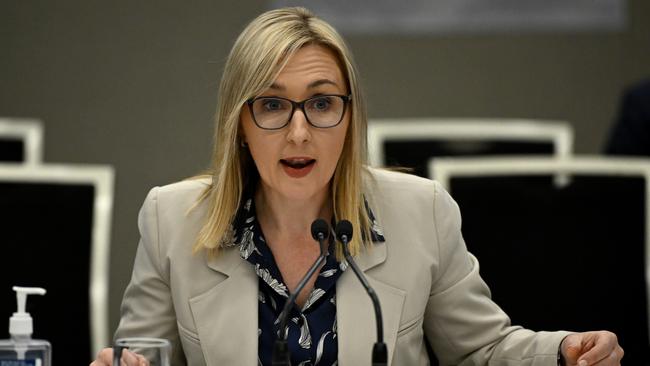
Yet Perrottet was with Berejiklian at the Investment NSW launch, and documents say Perrottet was to be briefed on the West appointment he says never happened.
Still treasurer, just days before succeeding Berejiklian as premier, Perrottet was a party to the cabinet decision approving the trade job as a ministerial appointment. As Premier, Perrottet was again part of deliberations when the trade position was readvertised in December and Ayres, as the new trade minister, switched it back to a public service appointment.
Perrottet has confirmed Barilaro told him “in a social setting” he was interested in applying for the New York job. So far, he cannot recall when.
Another key question is whether Barilaro told Perrottet anything before Berejiklian quitting politics. He and Barilaro were semi-regular drinking pals. Did Barilaro, for example, tell Perrottet that he’d given evidence to ICAC at a private hearing on September 10 last year, when Barilaro was asked about Berejiklian’s role in dishing out government grants to the electorate of MP Daryl Maguire, with whom she had been having an undisclosed relationship?
From that moment, Barilaro knew Berejiklian faced trouble and, by her own ministerial code of conduct, she was likely to step aside as premier when ICAC’s investigation became public.
A week after Barilaro’s private ICAC evidence, his trade adviser on his behalf, Joseph Brayford, made inquiries to Brown about trade positions switching to ministerial, not public service positions. Cabinet approved the change on September 27.
Perrottet is also linked through his department head, Coutts-Trotter. Why did Coutts-Trotter not respond when West sought a 15-minute meeting on October 11 to discuss her situation? Why did Coutts-Trotter apparently take no action when West later sent him a 45-page complaint document? Why did he think it appropriate to pass this document to Brown, named in West’s complaint? And why did Perrottet appoint Coutts-Trotter to head a parallel Barilaro inquiry – now handed to someone else – despite Coutts-Trotter’s link to West?
Ayres has questions to answer, too. As Perrottet’s trade minister, he maintains he was at arm’s length from the Barilaro appointment. Yet Ayres changed the New York and other posts back to the public service. West could no longer apply because a nine-month exclusion rule applied to ex-public servants.
Meanwhile, Barilaro texted Ayres to say he would apply for the trade position, and Brown told Ayres when he did. She kept Ayres briefed and showed him a shortlist with Barilaro’s name on it. Ayres met a person on the shortlist who did not get the job, Kimberley Cole. Documents show he suggested finding a candidate other than the successful candidate for the China job, Helen Sawczak. Does any of this sound arm’s length?
And then there is Brown, now secretary of Ayres’s department as well as Investment NSW, who told evangelical website Eternity last year that her inspiration for management decisions came from Jesus. Was Brown subjected to some sort of soft power to give Barilaro the nod for New York from the shortlist? She says she was the final decision-maker.
Last year, Brown told West she was the “successful candidate” and praised her. Yet Brown came up with a different story during an in-camera section of her parliamentary inquiry evidence a fortnight ago, since leaked. Brown said she found discrepancies with West’s CV, absences from work without explanation and other blemishes. West says these allegations are false.
There doesn’t seem much Jesus in this saga, but right now Perrottet and his team, eight months out from an election, could use some divine intervention.


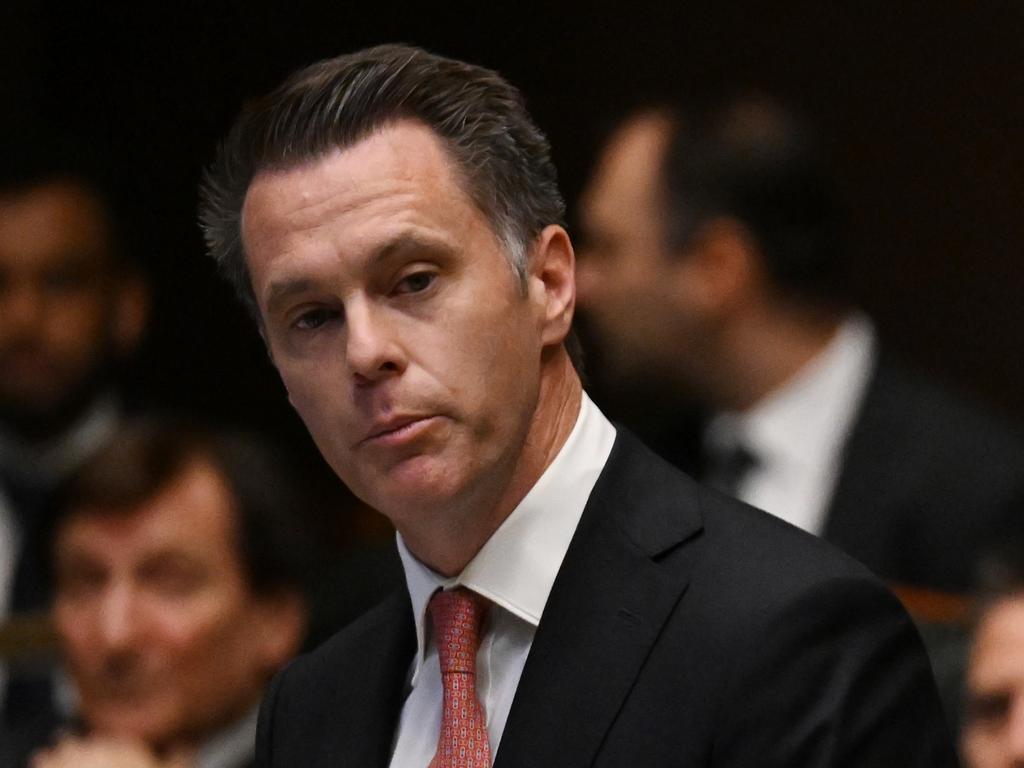


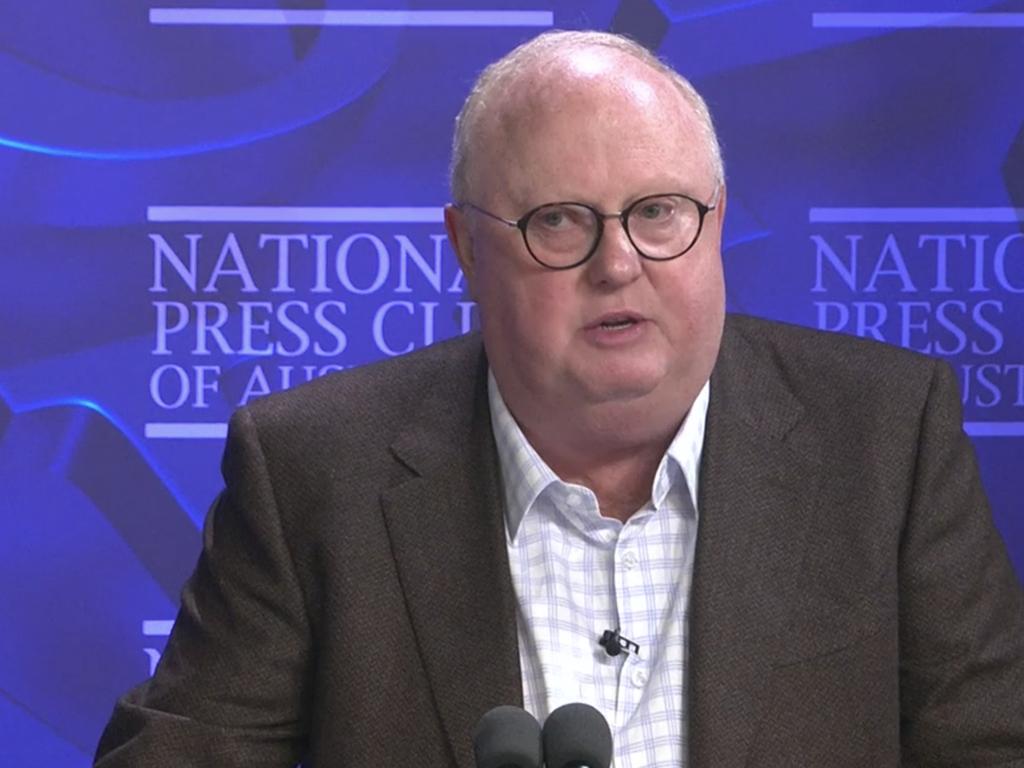


NSW Premier Dominic Perrottet is trying to run away from a scandal that has engulfed his government and could bring it down. Over the four weeks since it was announced former deputy premier John Barilaro would take up a senior trade commissioner’s job based in New York on a $500,000 salary, Perrottet has maintained he had nothing to do with the appointment.